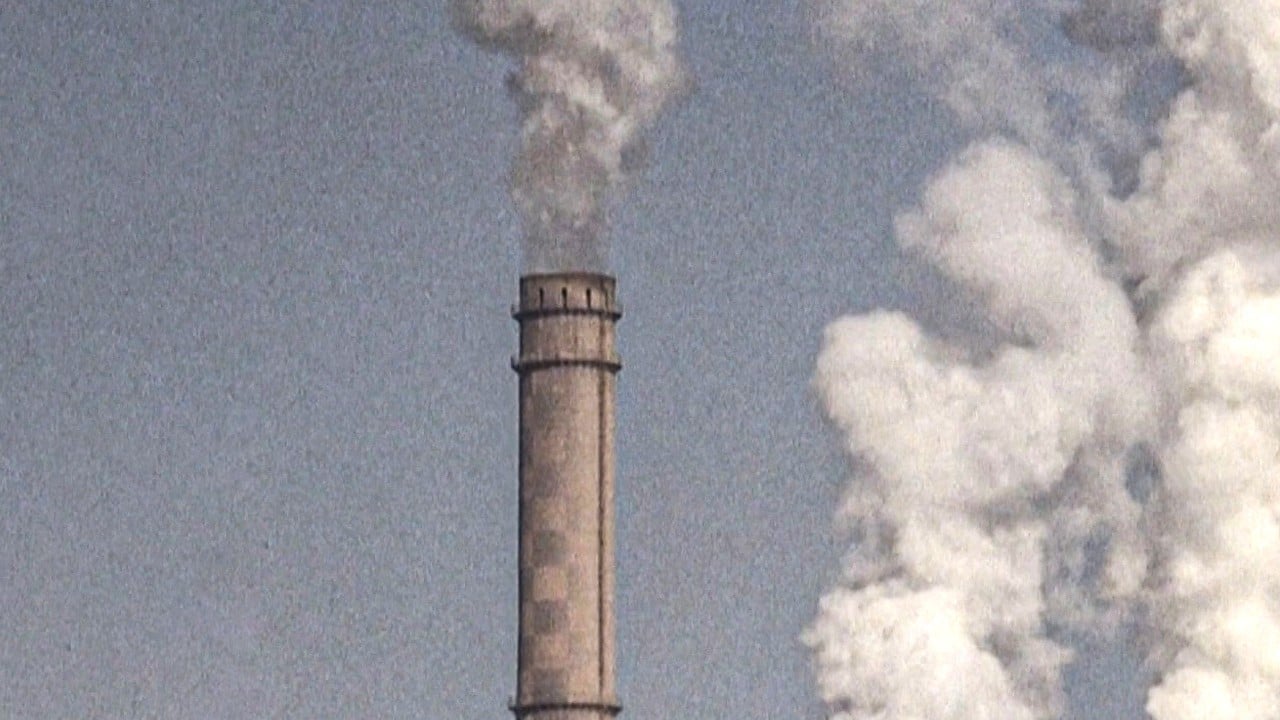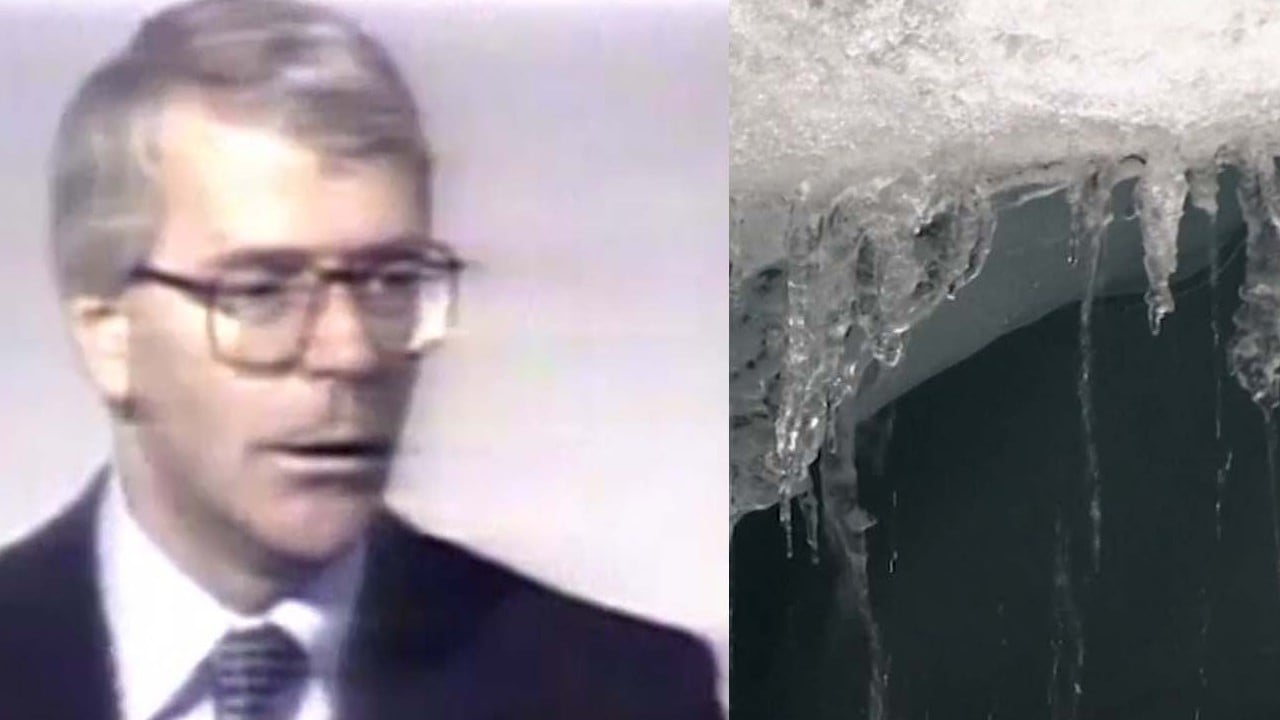For the world’s grimmest top job, look no further than the United Nations’ secretary general, Antonio Guterres. As the catastrophic corrosion of multilateral cooperation spreads, with wars, forced migration, pandemics and global warming blighting millions of lives, his warnings have become steadily shriller – and unwelcome and ignored.
He did not mince words ahead of Cop28, acutely aware of the need for leaders to replace more-or-less empty promises with grit-on-the-ground commitments to cut carbon dioxide, phase out fossil fuels, slow global warming and fund poor economies’ efforts to cope with climate harm: “Countries are far off track … I see a lack of ambition. A lack of trust. A lack of support. A lack of cooperation. And an abundance of problems around clarity and credibility.”
Despite the faltering steps of the Conference of Parties since the first meeting in Berlin in 1995, it would be unfair to make light of the real progress made. A scientific consensus has been created that is well recognised, if poorly communicated.
Landmarks like the Paris Accord have made powerful contributions to political progress and broadened public awareness of the scale and gravity of the climate threat. Community groups and NGOs have been empowered. How else would we have created climate events so enormous – Dubai’s Cop28 brings together more than 70,000 policymakers, experts and climate activists – that a consensus is almost inevitably unachievable?
Sadly, the main messages of each conference seem to focus on the targets missed, commitments unfulfilled and increasingly grave practical consequences of our failures. As the International Energy Agency (IEA) noted in its recent Net Zero Roadmap, August was the hottest month on record “by a large margin”, with 2023 likely to be the hottest year.
Instead of falling, carbon dioxide emissions from the energy sector continue to rise – to 37 billion tonnes last year from about 25 billion tonnes in 2000. Clean energy investment that needs to amount to US$4.5 trillion a year by the early 2030s is still just US$1.8 trillion. The IEA says no new coal-fired power plants can be built yet China alone approved on average two new coal plants per week last year.
The IEA calculates that we capture about 40 million tonnes of carbon dioxide a year, and may hit 115 million tonnes by 2030, but that the annual capture must be 1 billion tonnes by 2030 if we are to succeed in reaching net zero emissions.
Fight climate change by funding concrete projects, not pious hopes
Fight climate change by funding concrete projects, not pious hopes
There remains a yawning gap between the funds available and the need, estimated by the United Nations to amount to US$125 trillion between now and 2050. As Oxford University’s Rachel Kyte noted, finance is “the obstacle we always trip over”.
In a world where most leaders overpromise and underachieve, China seems set on underpromising and overachieving. If that remains true – and others follow – then perhaps our net zero targets might be achievable after all.
David Dodwell is CEO of the trade policy and international relations consultancy Strategic Access, focused on developments and challenges facing the Asia-Pacific over the past four decades



